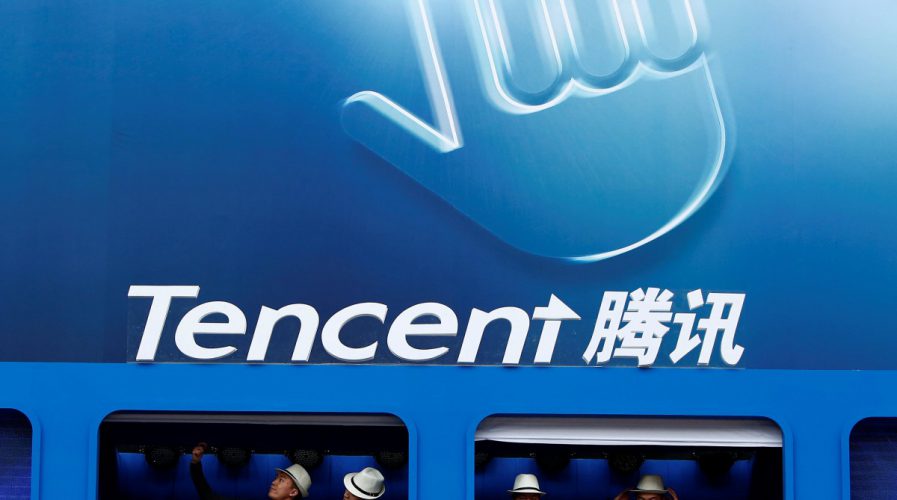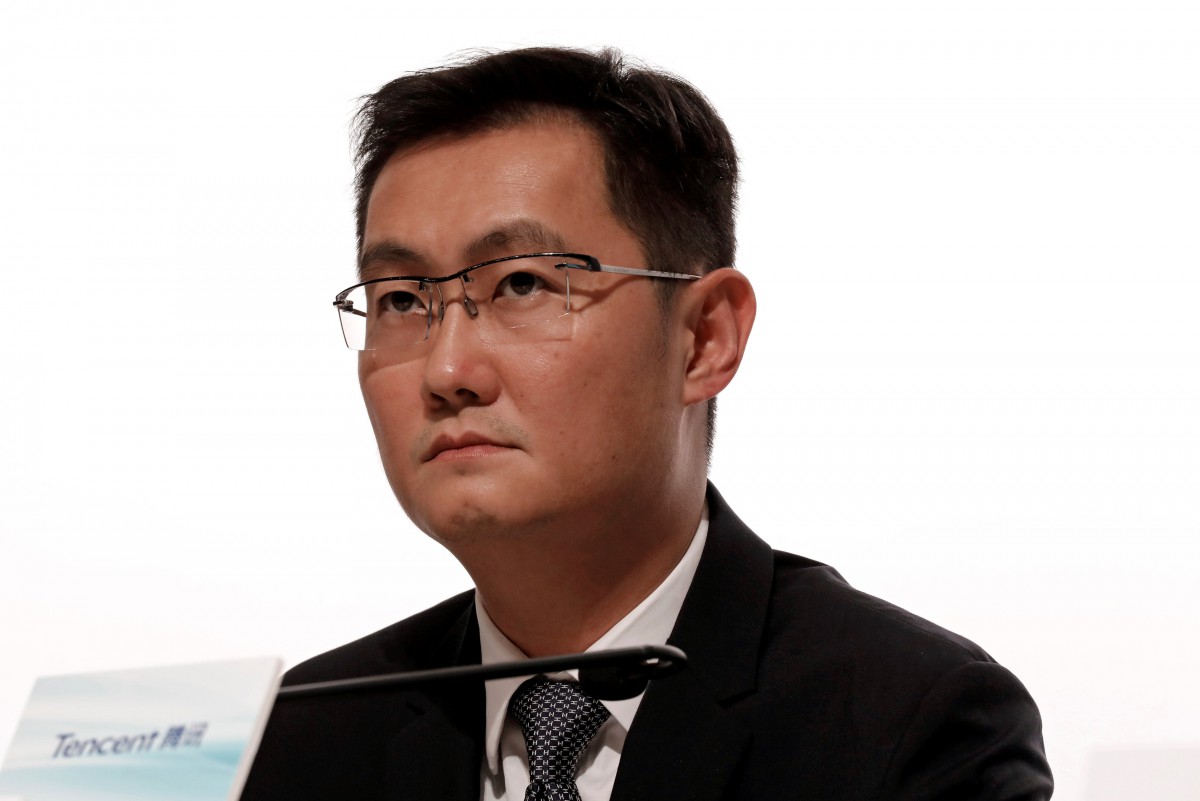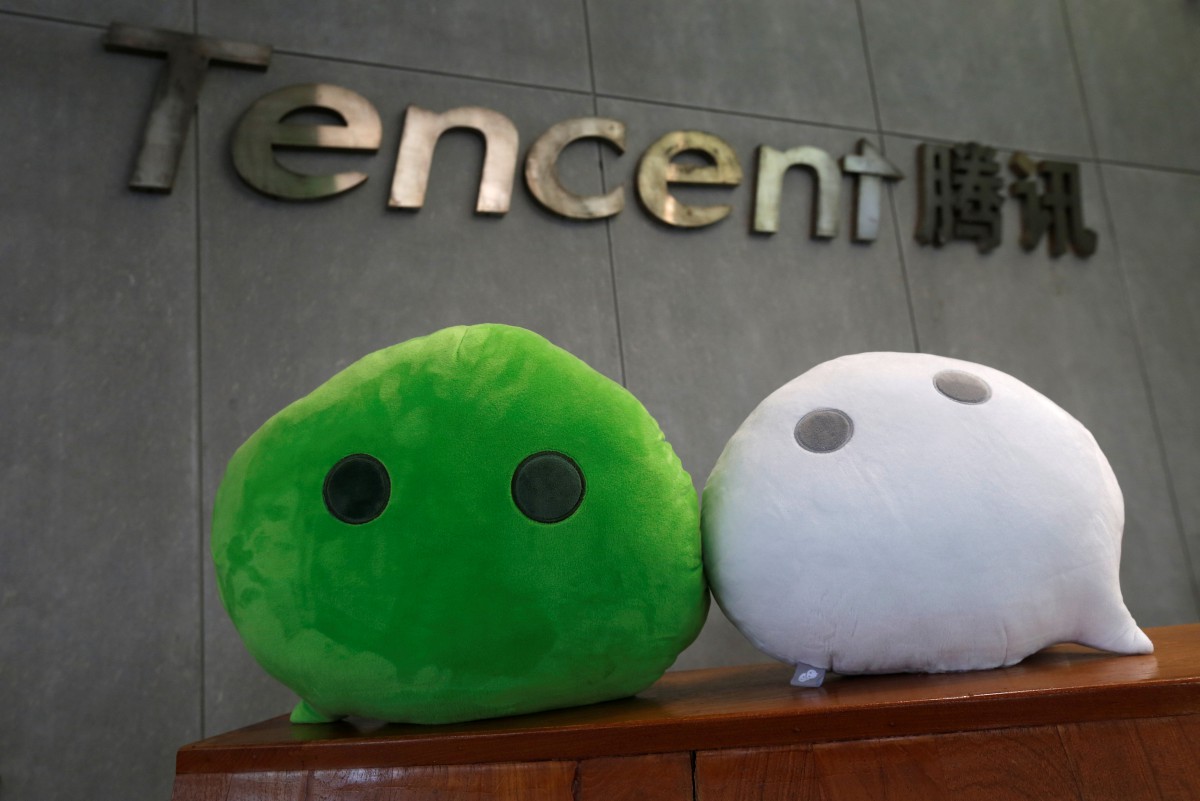
Shenzhen-based Tencent is also the largest video game publisher in the world by revenue, with a market capitalization topping US$525 billion. Source: Reuters
SMEs can get a boost through Tencent’s AI-powered ad business
CHINA’S premier internet firm, Tencent, is one of the most successful online ventures in the market. Catering to the Asian superpower’s hundreds of millions of internet users, Tencent’s numerous products, especially its social media application, WeChat, have become a staple of everyday life in the region.
WeChat commands a formidable user base, with the social media platform closing in on half of Facebook’s 2 billion monthly users. Inasmuch as the service is being used on an everyday basis by huge firms, SMEs and casual users, however, Tencent is actually not earning as much as it can with the application. This year alone, Tencent is forecasting ad revenues under US$7 billion, which is a far cry from the US$36 billion that its American counterpart is forecasting.
Tencent’s low revenue from WeChat’s advertisements is no mystery. As ironic as it might sound, WeChat is actually not raking in a lot of ad revenue for Tencent because there are relatively few ads in the massive social network.

Tencent chairman and CEO Pony Ma attends a news conference in Hong Kong, China. Source: Reuters
Speaking about the lack of ads in WeChat, Tencent vice-president Steven Chang explained that the company’s current priority is user experience. Thus, at least in the meantime, the Internet firm is willing to take a blow on its ad revenue, as long as it could gain loyal users for its social media platform.
“WeChat is still very young so how to cultivate users and create a good user experience is number one, it’s not the advertising revenue,” Chang said, according to a report from the Financial Times.
While Tencent is pretty much sacrificing its ad income for now, the Internet giant is nonetheless pursuing other initiatives that would improve its earnings. The most prominent of these are centered on two things that Tencent has proven to be very capable at – video games and AI-based algorithms.
SEE ALSO: WeChat users send 46 billion digital red packets over Chinese Lunar New Year
Tencent’s earnings on its video games are notable, with titles such as Honor of Kings being credited as one of the primary reasons behind the company’s fastest growth in seven years, as exhibited on Q2 2017. During this period, Tencent posted a profit of US$2 billion, and a lot of it was due to the runaway success of Honor of Kings.
The majority of its earnings in its video game division comes from premium in-game items such as special skins that are exclusive for paying players. Considering that the game commands hundreds of millions of users in China, the revenue from its player base is very significant.

Tencent’s app environment is built on the backs of its proprietary payment systems. Source: Reuters
Apart from video games, Tencent is also investing heavily on AI-driven advertising. While the company remains conservative with regards to its ad model, its recently rolled out enhanced AI-based algorithms have proven useful in platforms such as Tencent’s YouTube-esque video streaming platform. According to Chang, a huge part of the company’s ad revenue actually come from AI-driven initiatives.
SEE ALSO: Tencent imposes child lock on mobile game to curb addiction
Over the years, Tencent has become a treasure trove of resources and applications for businesses large-scale and otherwise. Among SMEs in the region alone, WeChat, one of Tencent’s most prolific products, is widely used. The social media platform’s massive user base, for one, has encouraged numerous SMEs to adopt the system as a means not only to communicate within itself but to reach out to potential customers as well.
With Tencent’s current focus on AI-based algorithms, SMEs that are currently utilizing the platform would have more opportunities to market themselves. Provided that their business model is optimized for the Internet giant’s platforms, these new developments in Tencent’s initiatives might very well prove to be an opportunity that does not deserve to be missed.
READ MORE
- The criticality of endpoint management in cybersecurity and operations
- Ethical AI: The renewed importance of safeguarding data and customer privacy in Generative AI applications
- How Japan balances AI-driven opportunities with cybersecurity needs
- Deploying SASE: Benchmarking your approach
- Insurance everywhere all at once: the digital transformation of the APAC insurance industry
